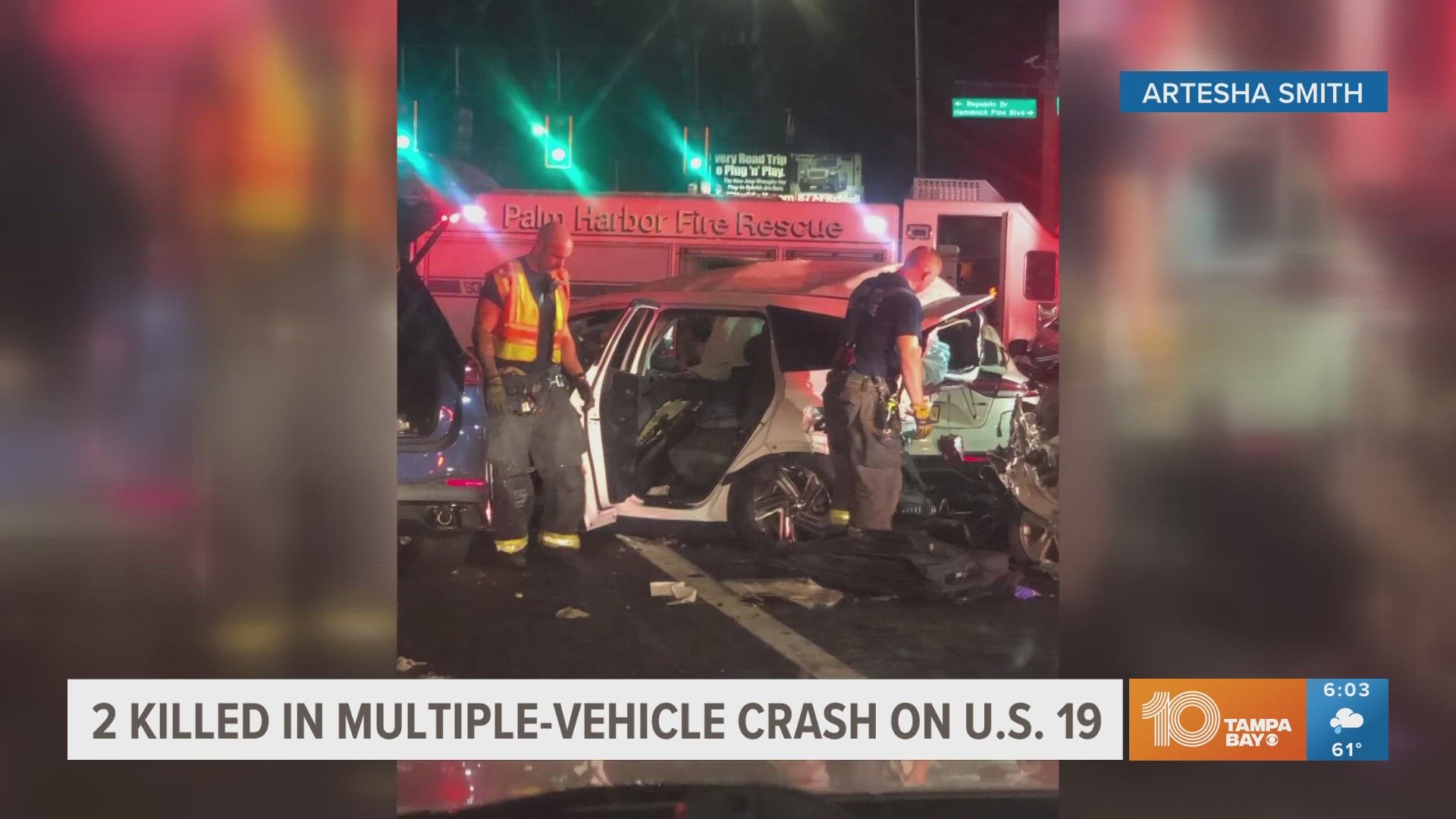Highway Horror: Fatal Accident Claims Multiple Lives
The news often carries headlines that send a chill down our spines, none more so than when a fatal accident on the highway claims several lives. These tragic events are stark reminders of the inherent dangers lurking on our roads, transforming ordinary journeys into devastating nightmares. The immediate aftermath is a scene of chaos and heartbreak, but the ripple effects extend far beyond the mangled wreckage, leaving an indelible mark on families, communities, and even the fabric of society itself.
Understanding the profound impact of such incidents requires us to look beyond the statistics and delve into the very meaning of 'fatal' in this context. It's not merely a word describing an outcome; it signifies an irreversible loss, a permanent void left in the lives of those left behind. This article aims to explore the multifaceted aspects of these catastrophic highway incidents, from their root causes to their far-reaching consequences, and most importantly, what steps can be taken to prevent future tragedies.
Table of Contents
- Defining 'Fatal' in Highway Tragedies
- The Stark Reality of Highway Fatalities
- Common Causes Behind Fatal Highway Accidents
- The Human Cost Beyond the Collision
- Prevention Strategies for Safer Highways
- Immediate Response and Its Critical Role
- Long-Term Impact and Recovery
- Policy and Enforcement: Shaping Road Safety
- A Collective Call to Action for Road Safety
Defining 'Fatal' in Highway Tragedies
The word "fatal" carries immense weight, particularly when associated with an accident. According to the Oxford Advanced Learner's Dictionary, "fatal" is an adjective meaning "causing or ending in death." It describes something that is "capable of causing death" or has "already caused death or is virtually certain to do so in the future." For instance, certain cleaning products are explicitly labeled, "could be fatal if swallowed," underscoring the potential for deadly consequences. In the context of a highway incident, a fatal accident is one where at least one person loses their life as a direct result of the collision.
Beyond the literal definition, "fatal" can also refer to something "very serious and having an important bad consequence," or something "having momentous or disastrous consequences." When a fatal accident on the highway claims several lives, it exemplifies this broader meaning. The consequences are not just the immediate loss of life but the cascading effects on families, emergency services, and the wider community. It's a calamitous, deadly, destructive, lethal, mortal, and terminal event, as synonyms for fatal suggest. The term encapsulates the finality and gravity of such an occurrence, reminding us that there is no turning back once a life has been tragically cut short. He has not driven since his nearly fatal accident, a testament to the profound impact such an event can have.
The Stark Reality of Highway Fatalities
Every year, millions of people are involved in road traffic crashes globally, and a significant number of these result in fatalities. The World Health Organization (WHO) reports that road traffic injuries are a leading cause of death worldwide, especially among young people. While the exact figures fluctuate annually and vary by region, the sheer volume of lives lost is staggering. These aren't just numbers; each statistic represents a person with dreams, relationships, and a future that was abruptly extinguished. A single fatal accident on the highway claiming several lives can instantly transform a routine commute into a national tragedy, drawing widespread attention and grief.
Highways, designed for high-speed travel, inherently carry a greater risk when things go wrong. The kinetic energy involved in collisions at highway speeds is immense, significantly increasing the likelihood of severe injuries and fatalities. When multiple vehicles are involved, or when large trucks are part of the incident, the potential for a fatal accident on the highway to claim several lives escalates dramatically. These incidents are not merely unfortunate occurrences; they are often preventable, stemming from a complex interplay of human error, vehicle malfunction, and environmental conditions. Understanding this reality is the first step towards mitigating the risks and working towards safer roads for everyone.
Common Causes Behind Fatal Highway Accidents
A fatal accident on the highway claiming several lives rarely has a single, isolated cause. More often, it's a confluence of factors that align tragically. Identifying these common causes is crucial for developing effective prevention strategies and improving road safety measures. These factors can broadly be categorized into driver-related, vehicle-related, and roadway/environmental factors.
Driver-Related Factors
Human error remains the leading cause of most road traffic accidents, particularly those with fatal outcomes. Drivers are the primary decision-makers on the road, and their choices directly influence safety. Key driver-related factors include:
- Distracted Driving: The use of mobile phones, eating, applying makeup, or engaging with in-car entertainment systems diverts a driver's attention from the road. Even a few seconds of distraction can lead to catastrophic consequences at highway speeds.
- Speeding: Exceeding the speed limit or driving too fast for conditions reduces a driver's reaction time and increases the force of impact in a collision, making a fatal outcome far more likely.
- Impaired Driving: Driving under the influence of alcohol or drugs severely impairs judgment, coordination, and reaction time. This remains

Fiery Michigan Crash Kills 4 After Trucker Slams Into Stopped Traffic

Drunk drivers ran into already active crash scene in Portland: Reports

Fatal US Highway 19 crash: 2 people killed | wtsp.com